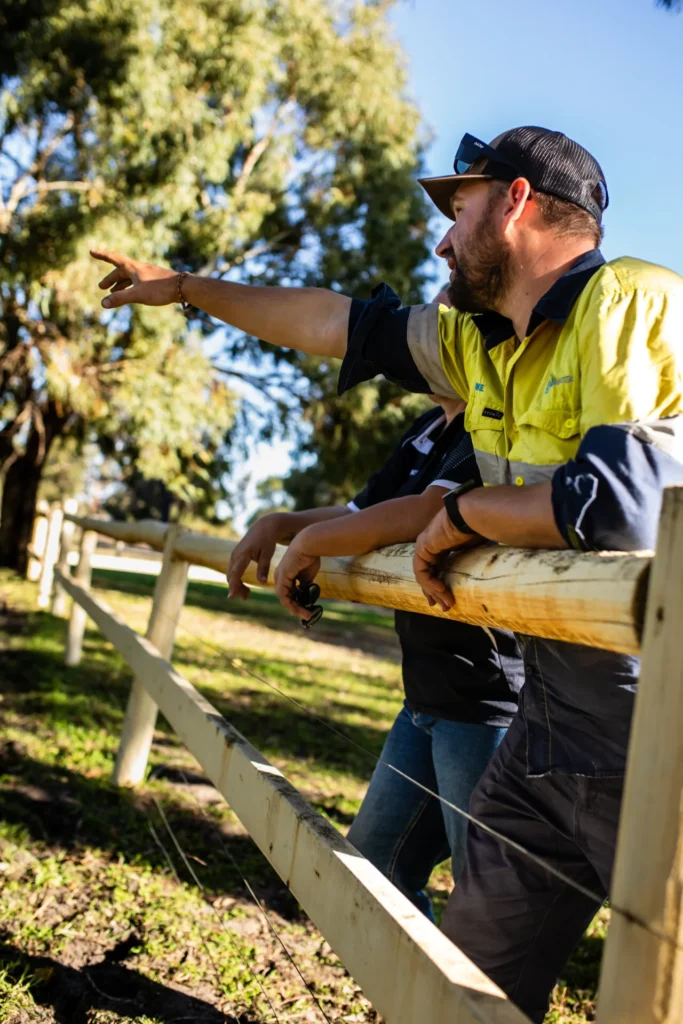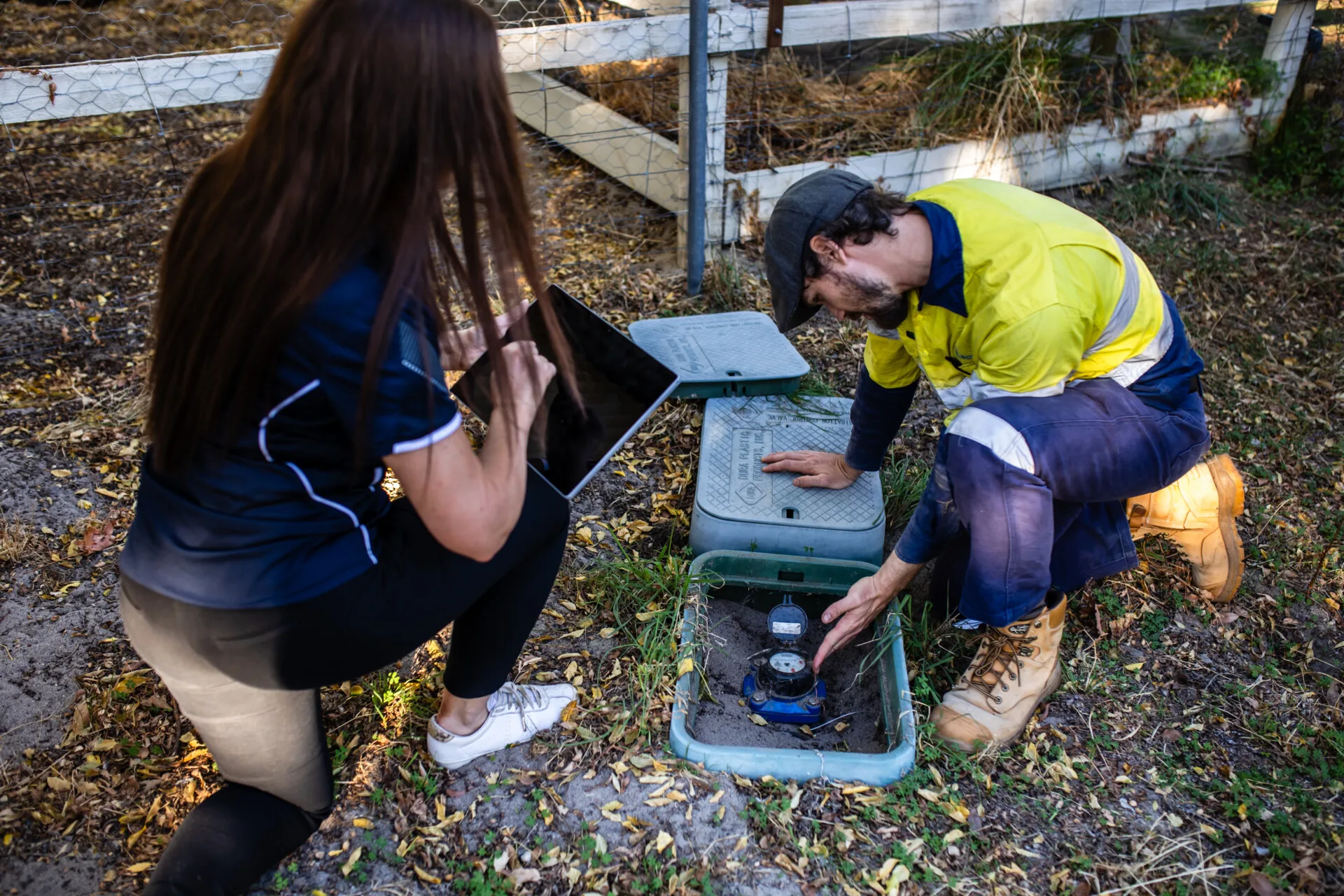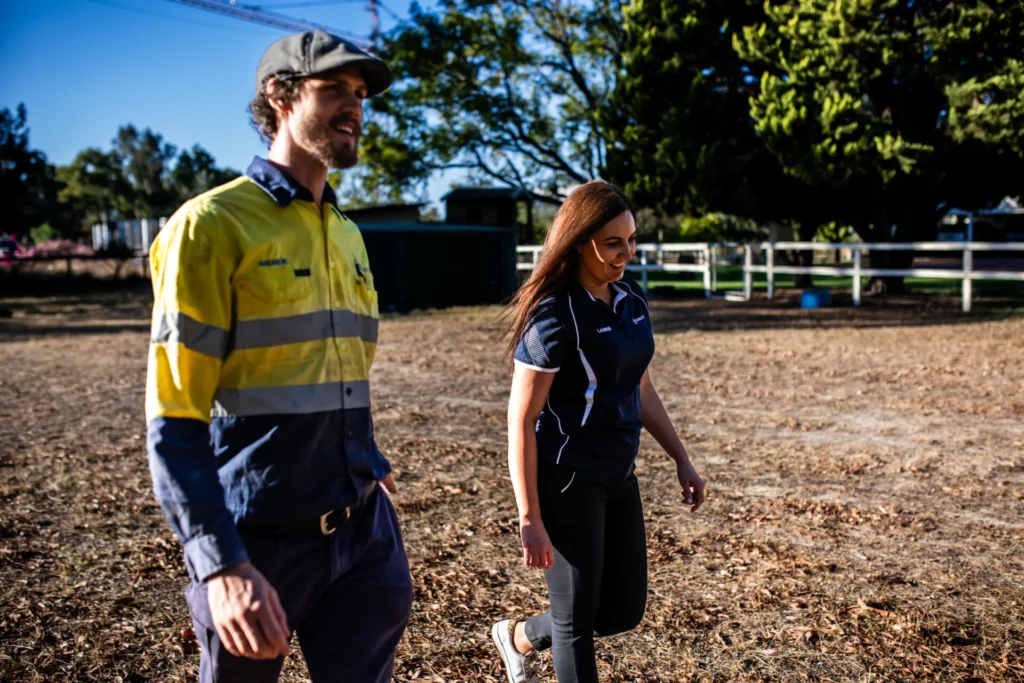Water Manager
Licensing
Compliance Services

Water Licence Compliance Services
Ensure your licence is fully compliant
We ensure your water systems and operations stay in line with all Western Australia’s water management regulations, so you can focus on what really matters: getting the most out of your water resources. We do a compliance check on all our projects, and if required, we can action any DWER regulatory requirements for you.

How to Stay Compliant
Our Approach to Water Licence Compliance
New Licences
Licence Transfers
Renewals & Amendments
Seamless Licensing Compliance Solutions
Tailored Solutions
Staying Ahead of the Curve
Ongoing Support
Why Compliance is
Crucial
There are strict guidelines on how water can be sourced, used, and managed. The regulations around water management are designed to ensure long-term sustainability and prevent overuse, contamination, or environmental degradation.
Falling out of compliance can lead to fines, penalties, or even loss of access to your water resources, so it’s critical understand the regulations clearly. Our Compliance Services take the headache out of managing these complex regulations. We keep your operations fully compliant and provide proactive support to prevent issues down the line.

Our Customers
What our clients and drillers say about us.
Want to check on your licence compliance?
From auditing your systems to managing permits and handling risk mitigation, our team ensures that you’re fully compliant with Western Australia’s water regulations - now and in the future.
Frequently Asked Questions (FAQ)
Do I need to apply for any licences?
We recommend you contact us directly so we can provide advice specific to your situation.
In general, most commercial or large properties in proclaimed areas (from the Hills line to the Coast) need a licence to drill and utilise the bore. If you are doing any of the following you’ll most likely need a groundwater licence to take water:
- Irrigating more than 1/2 an acre (2,000 square meters)
- Using the bore for commercial activity (feedlots, agriculture, construction, etc)
- Looking to utilise an aquifer deeper than the Superficial aquifer (bores generally deeper than 30 metres)
Another type of licence is a 26D licence to drill a borehole, which you need in case you are:
- Using the bore for commercial activity
- Looking to drill into a confined or semi-confined aquifer (bores generally deeper than 60 metres)
To ensure you are compliant with the legislation applicable to you, contact us so we can assess your property and give you specific advice for your situation.
What is water licensing?
The Department of Water and Environmental Regulation started regulating the water use in WA because, simply put, we’re taking more water out of the ground than what’s going back in. This results in water levels dropping.
A groundwater licence is one of the ways DWER monitors and manages the amount of water being abstracted.
Water licences allow their holders to take more groundwater that the unlicensed standard amount to irrigate 1/2 an acre (2,000 square meters).
Do you represent the Department of Water?
No. BD Water is a private business and we do not represent the Department of Water and Environmental Regulation. BD Water owns Water Manager, which is also independent from DWER.
All information we provide is our own interpretation of their documentation and if unsure please contact us or confirm with DWER directly.
Does the water licence come with the property I’ve purchased?
By default, no.
In your contract of sale of the land, the licence transfer is usually included as a condition for the sale. However, this does not start the licence transfer process and the property settlement does not automatically transfer ownership of the water licence into your name.
You must notify the Department of Water and Environmental Regulation that there has been a change in ownership of the licence within 30 days of settlement. If you do not notify them, you will risk losing the allocation.
To notify, you must apply for a licence transfer. We can handle the licence transfer on your behalf. You can simply talk to us, and we will go through the whole process with you.
Can I get a new water licence issued?
Generally, no.
The majority of areas and aquifers are over allocated, meaning there is more water being extracted from the ground then there is replenishing the supply (via rainfall). This means no more new licences are being issued, certainly not around the denser areas of Perth.
There are some cases where a temporary allocation may be issued but this is generally reserved for construction works or emergency situations.
Generally, the only option for getting an allocation is to trade it with someone else. More info about water trading on Water Manager.
You can call us to discuss your situation, we can help you decipher if you are eligible for a new licence, or advise you of your options.
Why is the Department of Water looking to take/reclaim licenses?
Over the last 30 years, rainfall rates per year have been decreasing and bore abstraction rates have increased, which drops the water levels in the aquifers. The Department of Water and Environmental Regulation has been tasked with bringing this back into balance by 2030, which is a huge task and will require further restrictions of water usage.
Decreasing the amount of water licences or allocations of the currently issued licences will result in a lower abstraction rate and rebalancing of the aquifers – so we can all continue to use groundwater, and do it in a more sustainable way, protecting our water resources and environments.
Do water licences expire?
Generally, the maximum period for a licence is 10 years. In Western Australia, you will need to renew your groundwater licence with the Department of Water and Environmental Regulation before the expiry date on the licence.
We can take care of the licence renewal application and process for you, submitting the required paperwork and interfacing with DWER on your behalf. Contact us today for a quote.
